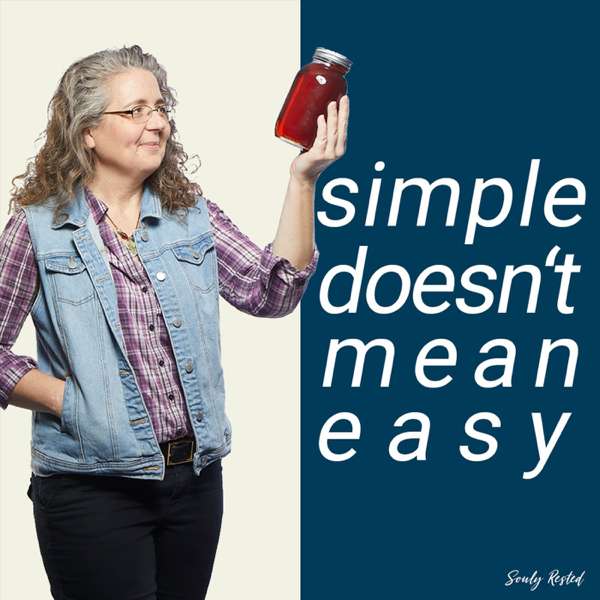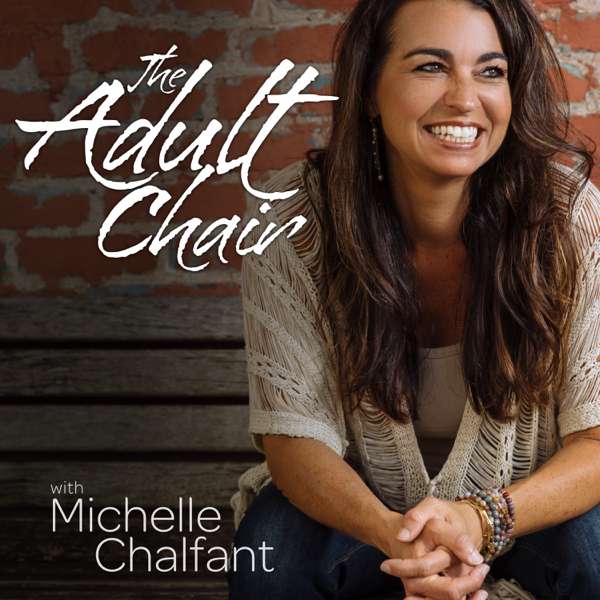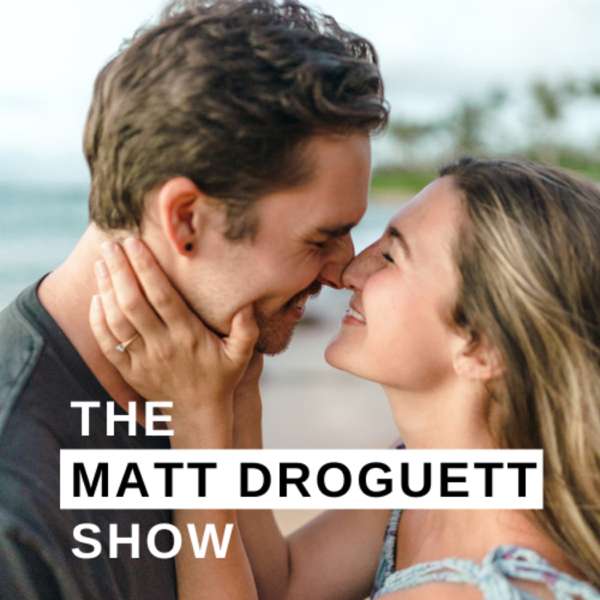How do we go about creating successful co-teaching and co-planning partnerships to support English learners? What are some protocols that co-teaching and co-planning pairs should have in place to help mitigate any conflicts that may arise between co-teachers? How can school leaders support and amplify the practice to maximize impact on students?
We discuss these questions and much more in our conversation with Andrea Honigsfeld and Maria G. Dove. Together, they have co-authored five best-selling Corwin books, including their most recent, Coteaching for English Learners: A Guide to Collaborative Planning, Instruction, Assessment, and Reflection (2018).
Andrea Honigsfeld, EdD, is Associate Dean and Professor in the Division of Education at Molloy College, Rockville Centre, New York. She directs a doctoral program in Educational Leadership for Diverse Learning Communities. Before entering the field of teacher education, she was an English-as-a-foreign-language teacher in Hungary (Grades 5–8 and adult) and an English-as-a-second-language teacher in New York City (Grades K–3 and adult). She also taught Hungarian at New York University.
She was the recipient of a doctoral fellowship at St. John’s University, New York, where she conducted research on individualized instruction and learning styles. She has published extensively on working with English language learners and providing individualized instruction based on learning style preferences. She received a Fulbright Award to lecture in Iceland in the fall of 2002. In the past twelve years, she has been presenting at conferences across the United States, Great Britain, Denmark, Sweden, the Philippines, and the United Arab Emirates. She frequently offers staff development, primarily focusing on effective differentiated strategies and collaborative practices for English-as-a-second-language and general-education teachers.
Maria G. Dove, EdD, is Associate Professor in the Division of Education at Molloy College, Rockville Centre, New York, where she teaches preservice and inservice teachers about the research and best practices for developing effective programs and school policies for English learners. Before entering the field of higher education, she worked for over thirty years as an English-as-a-second-language teacher in public school settings (Grades K–12) and in adult English language programs in Nassau County, New York.
In 2010, she received the Outstanding ESOL Educator Award from New York State Teachers of English to Speakers of Other Languages (NYS TESOL). She frequently provides professional development for educators throughout the United States on the teaching of diverse students. She also serves as a mentor for new ESOL teachers as well as an instructional coach for general-education teachers and literacy specialists. She has published articles and book chapters on collaborative teaching practices, instructional leadership, and collaborative coaching.

 Our TOPPODCAST Picks
Our TOPPODCAST Picks  Stay Connected
Stay Connected







